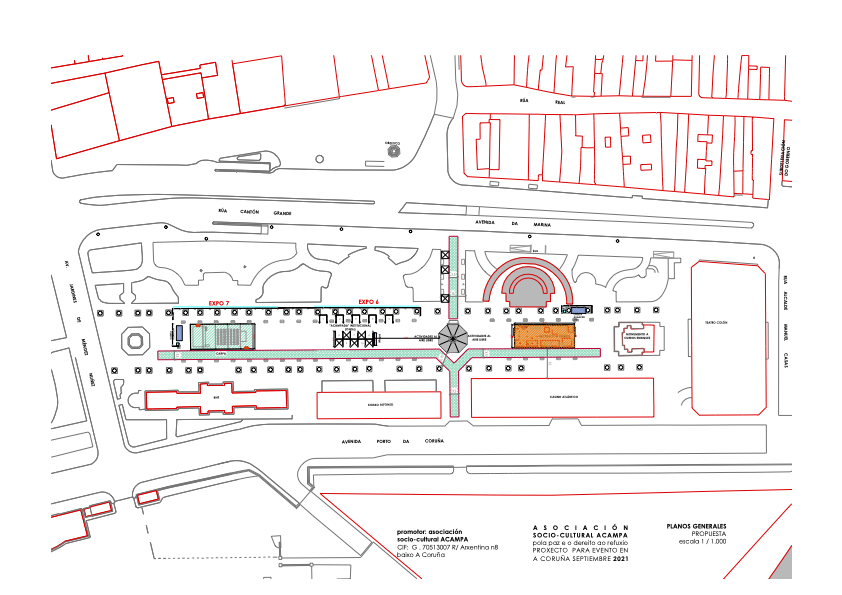Acampa 2021 Events list
For peace and right to refugeExhibitions 2021
september, 2021
Virtual Exhibitions 2021
Delta Bush Refineries
The Two Sides of the Wall
Green Earth
The Human Cost of Agrotoxins
Matria
Amazon deforestation
MST: Land, Justice and Rights
Other Exhibitions
september, 2021
Activities 2021
september, 2021
september, 2021
september, 2021


